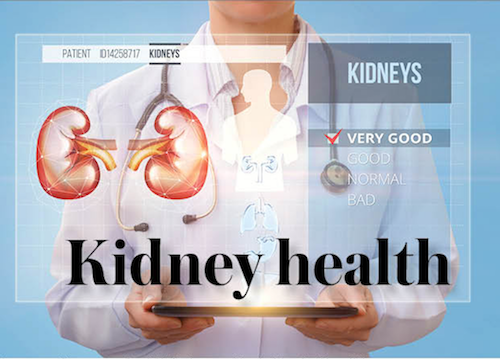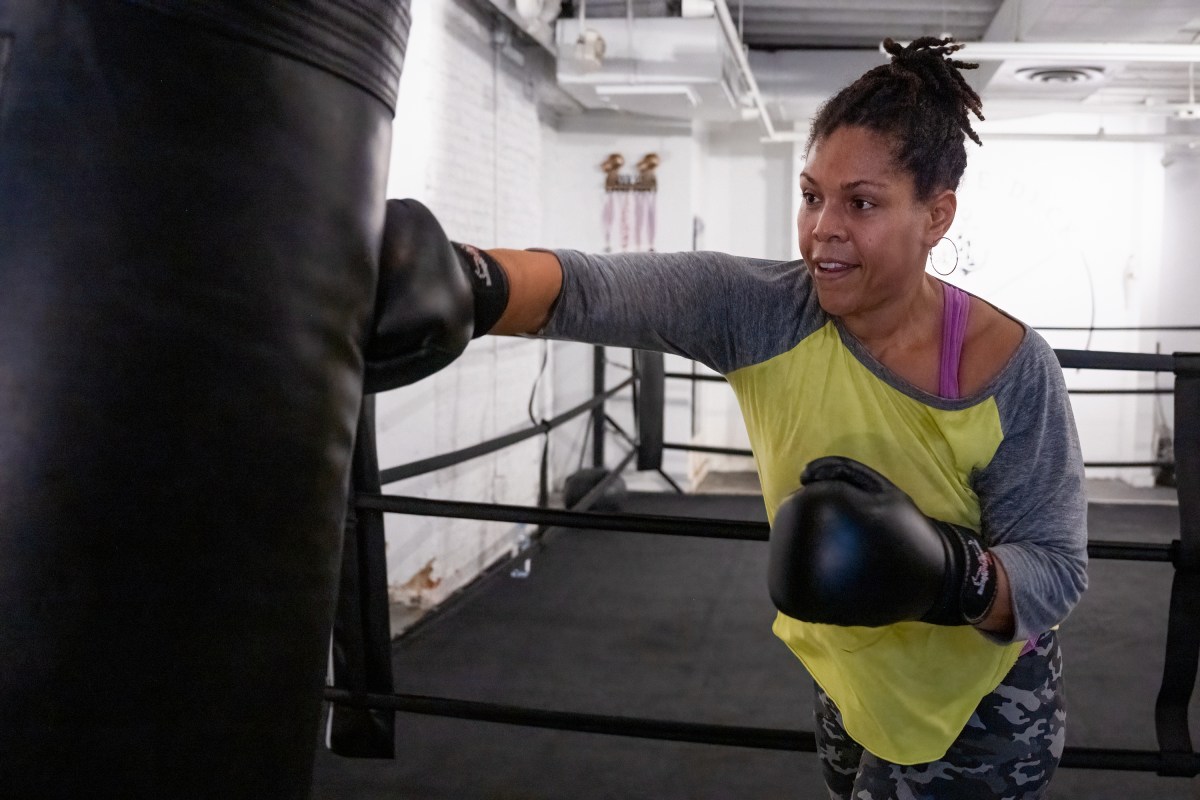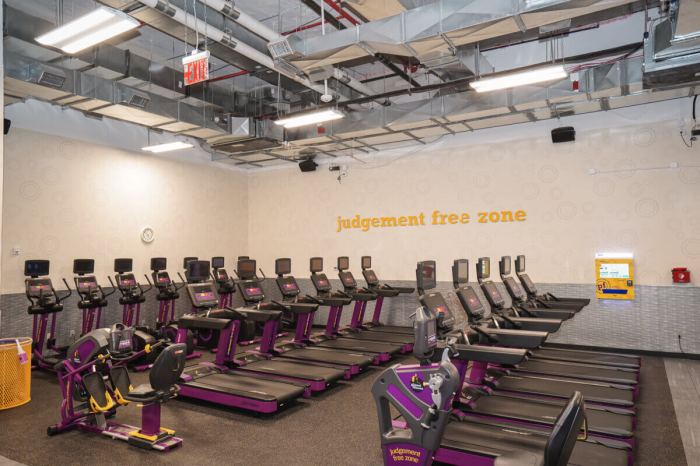March is National Kidney Awareness Month, but kidney health has been in the news in New York for the past few weeks: Former Yankees general manager Bob Watson, known as “The Bull” in his playing days, is battling kidney disease at age 71. He turned down donation offers from two of his kids: “I told them both the same thing: ‘I’ve had a good life and I don’t want to take a kidney from young people who really need them and still have their whole lives ahead of them,’” Watson told the New York Daily News.
While Watson remains on dialysis and isn’t waiting on a donor kidney, more than 93,000 people are on the waiting list. According to the National Kidney Foundation, 1 in 3 American adults, or 73 million people, are at risk for developing kidney disease, and 1 in 9 American adults are estimated to have chronic kidney disease, though most don’t even know it. We talked to Dr. Girish Nadkarni, assistant professor of medicine and nephrology at the Icahn School of Medicine at Mount Sinai, to learn about keeping your
kidneys healthy.
Who’s at risk for kidney cancer?
The rates of kidney cancer in the United States may be increasing and this may be partly due to more advanced imaging techniques that can detect cancer at an early age. There are people born with certain genetic syndromes who are at an increased risk of kidney cancer. … Other risk factors for kidney cancer include older age, a history of smoking, having a higher body mass index, having higher blood pressure, being on long-term dialysis treatments for kidney failure and finally exposure to environmental toxins such as heavy metals and pesticides.
What are the signs?
Kidney cancer does not cause signs or symptoms in its early stages. In the later stages, some signs might include differently colored urine, pain in your back or side that doesn’t go away, appetite loss, unexplained weight loss, tiredness and intermittent fevers.
What are kidney stones?
They’re hard deposits made of minerals that form when your urine contains more minerals than the fluid in your urine can dilute. … Risk factors include family history, a higher body mass index, not drinking enough water, eating a diet high in salt and animal protein. Sometimes, certain surgeries including bariatric surgery can cause a certain type of kidney stones. In addition, certain medical conditions like inflammatory bowel disease can cause specific kinds of kidney stones.
What are the warning signs?
A kidney stone may not cause symptoms or any signs until it passes into your ureter — the tube connecting the kidney and bladder. At that time, there might be severe pain in the side and back, which may radiate to the stomach. The pain might increase on urination and be associated with change in the color of urine, change in the smell of your urine, a need to urinate more frequently and finally, fever (especially if the stones get infected).
What conditions or diseases affect the kidneys (diabetes, etc.)?
The most common disease causing chronic kidney disease is diabetes, followed closely by hypertension. Sometimes, the kidney can get inflamed. Genetic conditions and some cancers may lead to kidney failure, although this is less common.
How important are donors when it comes to people who need new kidneys? Who should be tested?
Donors are extremely important when it comes to people who need new kidneys. Compared to a deceased donor kidney (taken from a deceased person); a kidney donated by a living donor, offers several advantages, including less time spent on the waiting list. In addition, there can be a scheduled time for surgery as opposed to an emergency procedure once the deceased donor is available. Oftentimes, the donated organ starts working right away once transplanted compared to deceased donor organs, which might take a while.
Almost anyone who wants to save a life should be tested to be a living donor — set up a physician appointment for medical testing.
How can you ensure you have healthy kidneys?
Get tested and ask your doctor what your kidney numbers look like. Then manage your medical conditions, including diabetes and blood pressure well. Optimal control of these conditions can prevent kidney damage. Maintain a healthy weight, be physically active and don’t smoke. Finally, when using OTC pain relievers, such as aspirin, ibuprofen and acetaminophen (Tylenol, others), be careful and read the instructions. Taking too many pain relievers could lead to kidney damage and generally should be avoided if you have kidney disease. If in any doubt, always ask your doctor. Sheila Dougherty
You have medical questions? We have answers. Metro is teaming up with the experts at the esteemed Mt. Sinai hospital to provide answers to New Yorkers’ most pressing medical concerns. Send us an email at askmtsinai@metro.us. We’ll select one question and publish an answer every other week.



















